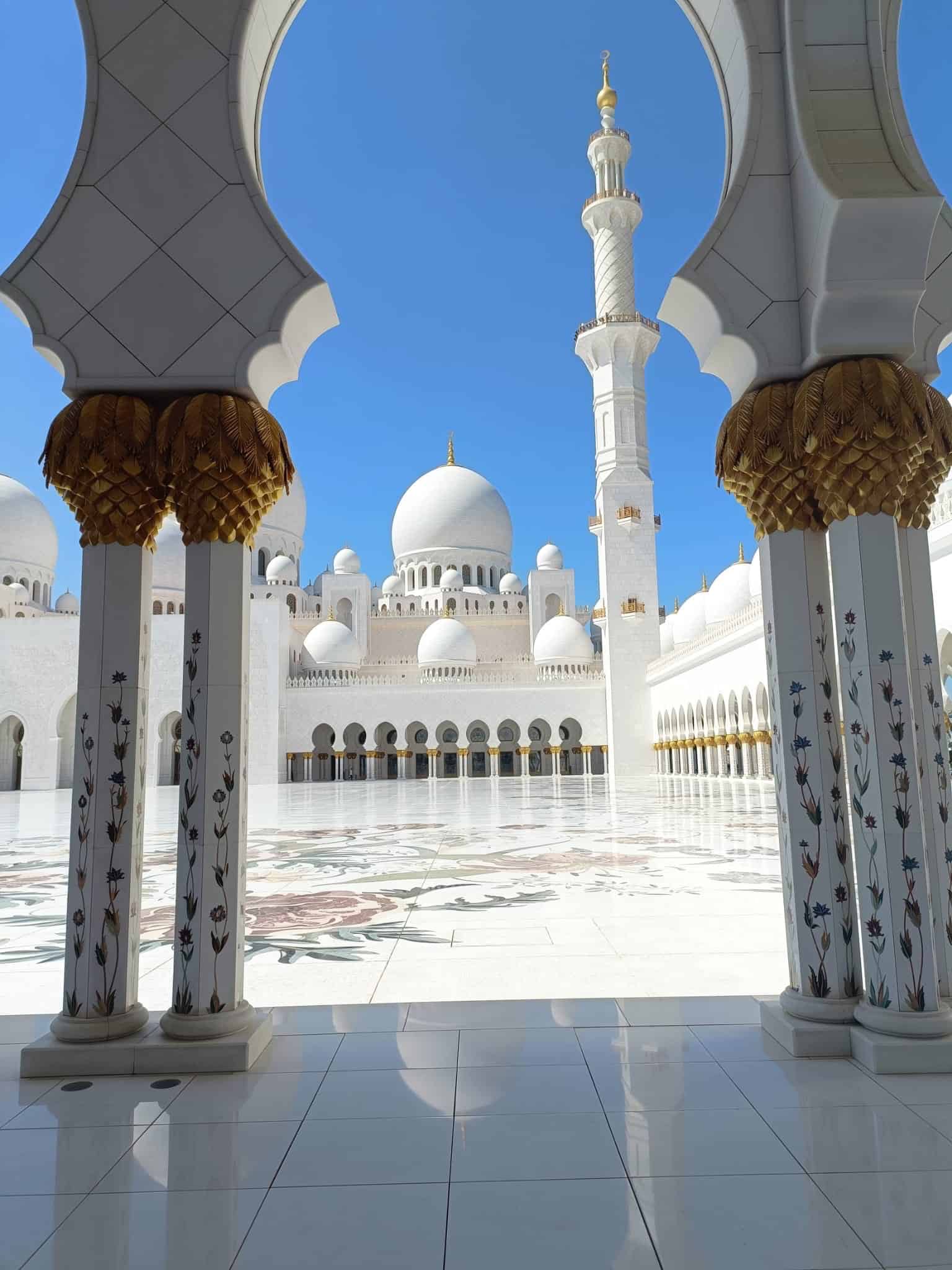Can you pray tahiyatul masjid between asr and maghrib or a forbidden time?

The Prophet (blessings and peace of Allah be upon him) said:
“When one of you enters the mosque, let him not sit down until he has prayed two rak‘ahs.” (Bukhari and Muslim)
The sunnah of the Prophet (peace be upon him) was therefore to greet the mosque by praying 2 rakahs before sitting down.
What should you do if you enter a mosque between asr and maghrib, as this is a forbidden time to pray?
Prayer is forbidden during five times of the day:
- After Fajr (dawn) until the sun has risen above the horizon: It is discouraged to perform voluntary prayers immediately after the Fajr prayer until the sun rises.
- Sunrise: It is prohibited to pray while the sun is rising. This period lasts only a few minutes, from the time the sun starts to rise until it is fully above the horizon.
- When the sun is at its zenith (Zawal): This is the time when the sun is at its highest point in the sky, around midday. It is recommended to avoid performing voluntary (nafilah) prayers during this time. However, obligatory (fard) prayers can still be performed if necessary.
- After Asr (afternoon) prayer until sunset: It is also discouraged to perform voluntary prayers after the Asr prayer until the sun sets.
- Sunset: Similar to sunrise, it is not permissible to perform prayers while the sun is setting. This period also lasts for a few minutes, from the time the sun starts to set until it disappears below the horizon.
If you enter the mosque, you should pray the tahyitual masjid because scholars say this is a prescriptive salah, as per the practice of the Prophet (peace be upon him). It is not a voluntary salah according to the Shafi’ee opinion, in order to greet the mosque.
The Hanafi School says you don’t pray it.
Shaykh Haytham Tamim – Sunday Hadith Class 24th March 2024
- If you miss Isha and wake up at Fajr should you pray Isha (qada) or wait until after Fajr?
- Can you pray maghrib if it’s nearly Isha?
- If you wake up as the sun is rising should you pray Fajr?
- Should you delay performing Isha?
- Inspirational women in Islam
Recommended Posts

If you miss Isha and wake up at Fajr should you pray Isha (qada) or wait until after Fajr?
May 02, 2024

Can you pray maghrib if it’s nearly Isha?
May 02, 2024

